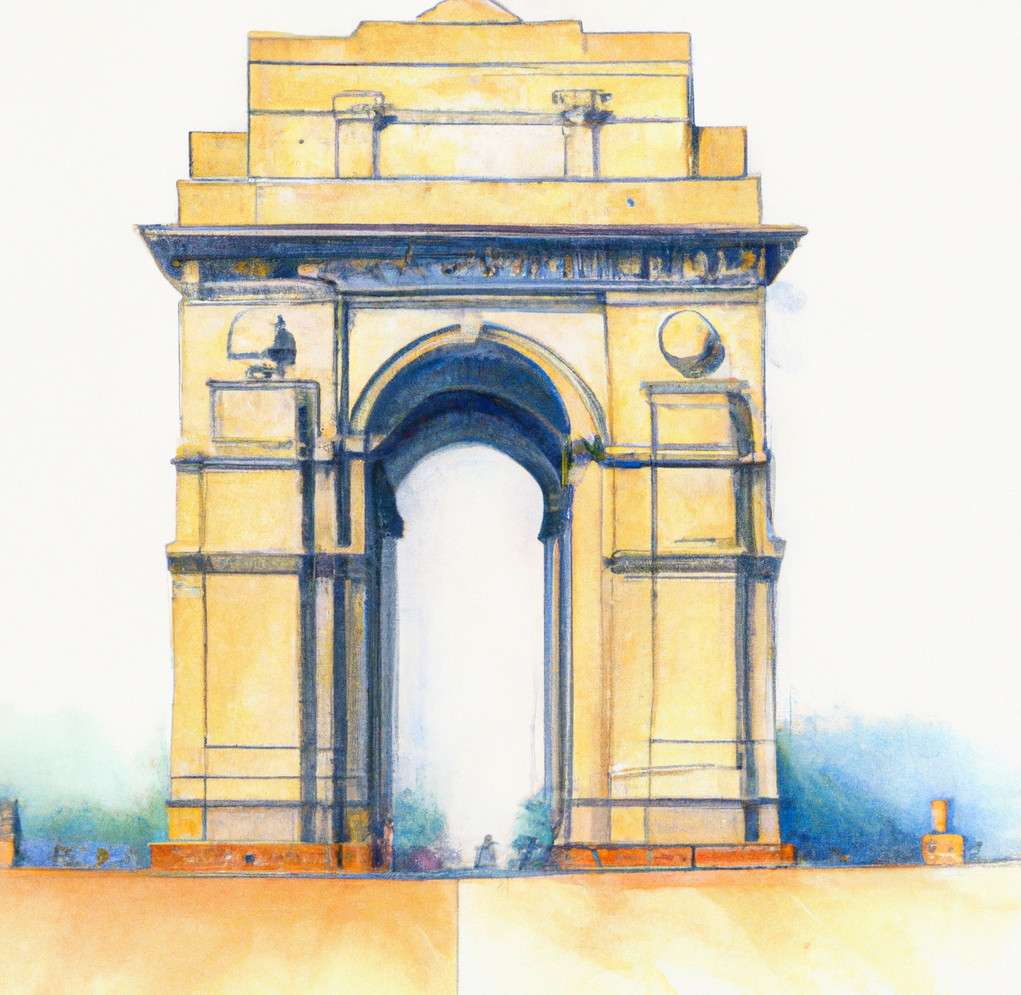Hindi, one of the most widely spoken languages across India, was declared as the national language of the country on September 14, 1949. This was a significant moment in Indian history as it marked the recognition of Hindi as the language that would unify the diverse population of India.
The decision to declare Hindi as the national language of India was not an easy one. The Constituent Assembly of India, which was responsible for drafting the Constitution of India, had to navigate through a complex linguistic landscape to arrive at this decision.
India has always been a linguistically diverse country with hundreds of languages and dialects spoken across its length and breadth. It was therefore a challenge to select one language that could be used as the national language of the country.
After much debate and discussion, Hindi was chosen as the national language of India. However, it was not without opposition. Many members of the Constituent Assembly argued that Hindi was not representative of all the languages spoken in India and that it would be unjust to impose it on non-Hindi speaking states.
To address these concerns, the Constituent Assembly made provisions for the use of English as an official language alongside Hindi. It also granted the right to the states to continue using their regional languages for official purposes.
The decision to declare Hindi as the national language was not just about linguistic unity, but it also had political significance. At the time of Independence, India was divided along linguistic lines, and the country was grappling with regionalism and separatism. By declaring Hindi as the national language, the government aimed to promote a sense of national identity and to unify the country.
Today, Hindi is the fourth most spoken language in the world, with over 500 million speakers globally. It is also the official language of the Indian government and is used extensively in education, administration, and media.
In conclusion, the declaration of Hindi as the national language of India was a crucial moment in the country’s history. It was a decision that was made after much deliberation and debate, and it was aimed at promoting linguistic unity and national integration. Hindi has since become an integral part of the Indian identity, and it continues to play a significant role in shaping the country’s culture and history.
